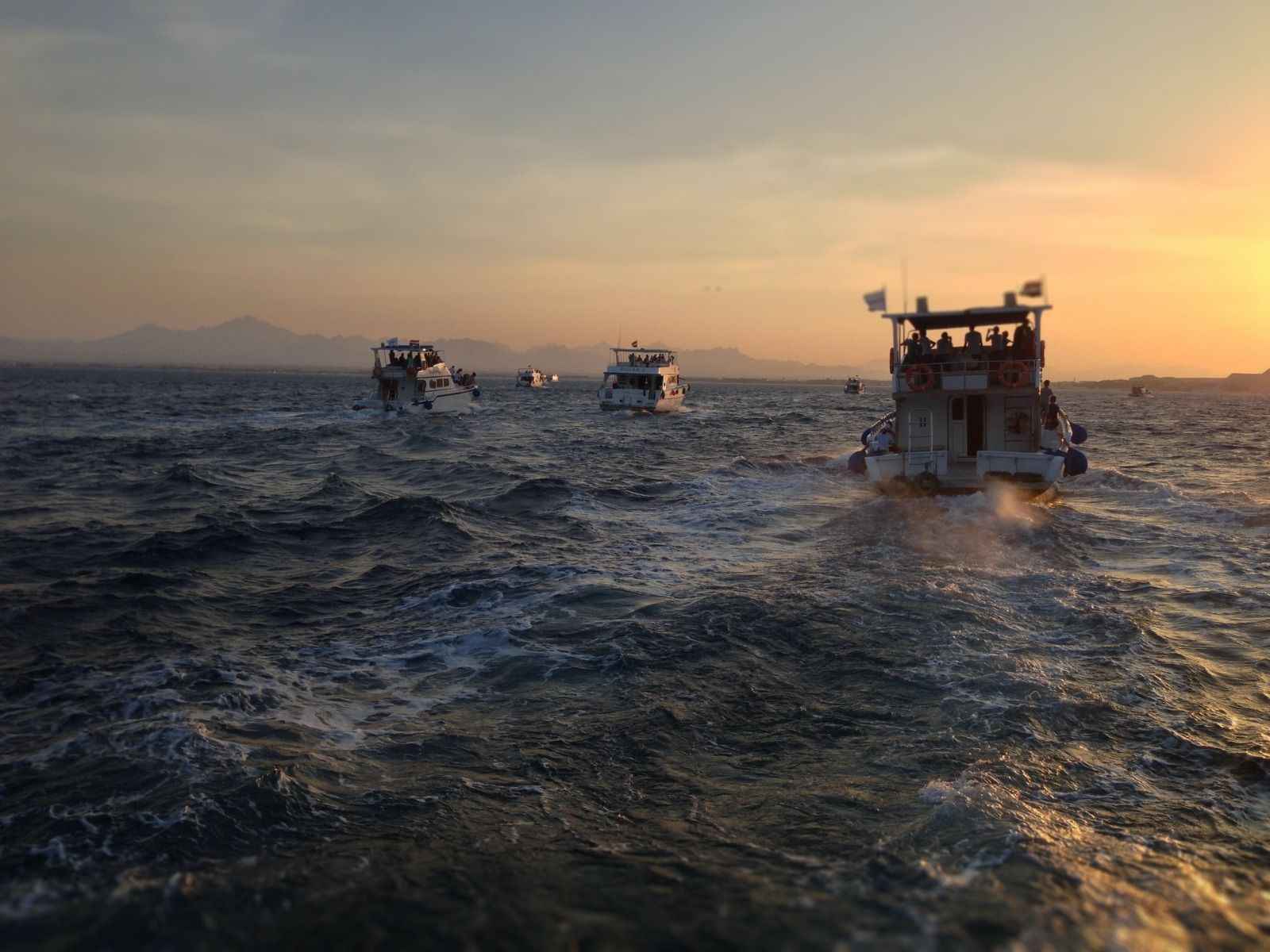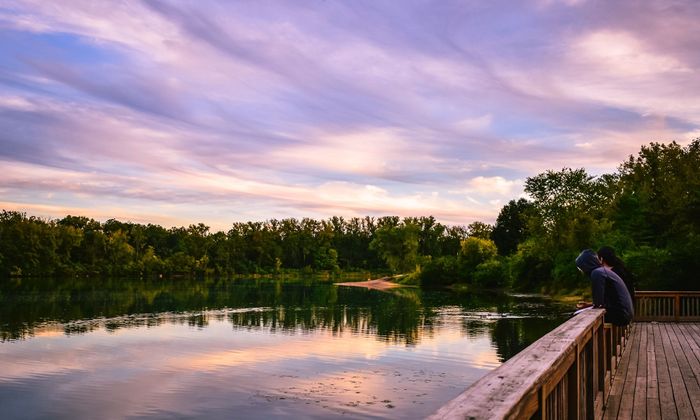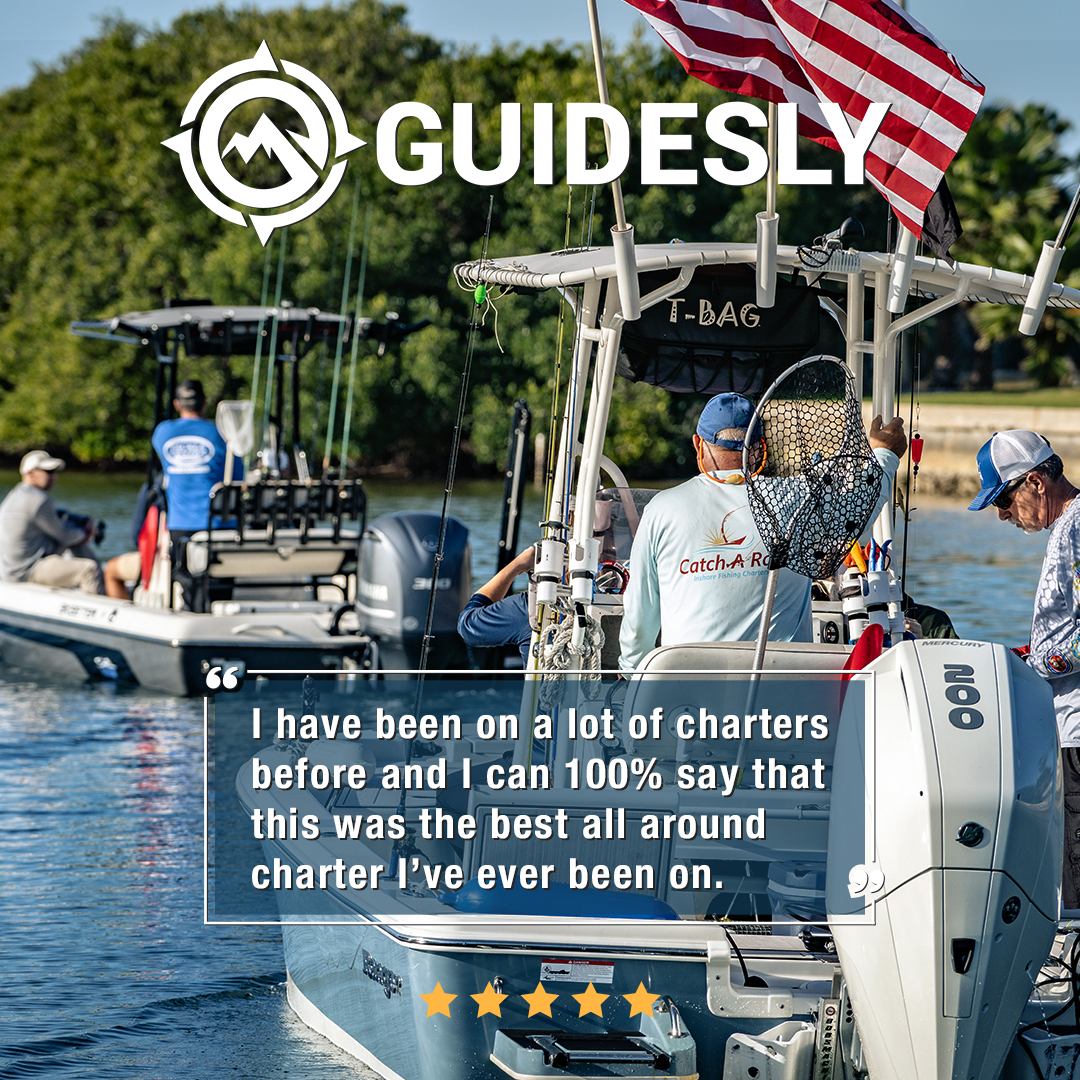Fishing License: What Happens If You Don’t Have It and Why It’s Important
A fishing license is like many things is easily forgotten. Here are some of the reasons why anglers should always have them.

Fishing is one of the most popular sports in America. The country’s diverse ecosystem and its intricate man-made canal systems have paved the way for many fishermen looking to catch a few fish. Strong and sizable fish like carp and largemouth bass can be found everywhere from the Great Lakes to the nearest local pond. The availability of fishing can lead new anglers to think that fishing is as easy as having a rod and fishing anywhere and everywhere. However, there are many rules and regulations in place that sustain our ecosystems.
You see, resources are finite, meaning that no matter how much fish may be in America’s waters, overfishing and extinction of species is still a real thing. Respecting size, bag, and seasonal fishing limits are a few of the ways anglers keep fish populations up. Anglers should also be aware of the right conduct when out in the water. Illegal dumping of waste like fish guts and trash is illegal and can net a couple of hundred dollars in fines. These are a few rules to keep in mind but out of all the necessary steps and rules needed to comply before heading out to fish, the most important one of all is getting a fishing license.
A fishing license, just like any other license, is proof that the state allows you to do a particular thing, which in this case is to fish. Different states require different licenses but in general, are very cheap and easy to acquire.

Here are Some of the Reasons Why a License is Essential
Size and Bag Guide
Written on most licenses are the sizing guides and bag limits for the fish in the area. In the early 20th century, back when fish licenses and other population protocols weren’t as implemented, recreational fishermen nearly matched the number of fish caught by the commercial fishing industry and in turn, drastically lowered populations of fish. Since then, these measures were created in order to control the number of fish being caught at a time. The guides are very helpful for fishermen as they don’t need to memorize rows of numbers in tables. Instead, they’re able to just cross-reference the license.
Anti-poaching
Other than to keep from overfishing the license distinguishes a regular angler from one doing illegal business out in the water. Examples like overfishing for private consumption or for selling as well as catching endangered species are heavily monitored by the US coast guard and the US Fish & Wildlife Services. Florida in particular is home to many exotic fish species found in South America. Its location near the equator makes its climate very similar to many tropical countries and can sustain many foreign fish. These fish however are considered invasive species and are harmful to ecosystems, as in most cases, these fish have no predator to be prey upon, resulting in overeating fish. Taking these fish out of the state is a heavy crime that can lead to the destruction of other water bodies outside of Florida. Licenses in a way, are used to keep potential poachers in check.
Funding
A lot of times revenue from license fees are put into the upkeep of the local waters. These include funding for fish hatcheries that stock up the lakes or rivers. The budget may also be partly the salaries of the officials or rangers that makes sure anglers are following the rules. Finally, revenue can be used to fund clean-up drives for the local waters and therefore improve the quality of fishing for everyone. Not only is getting a license required by the law, but it also actually incentivizes anglers into indirectly helping the environment through funding. According to the US Fish & Wildlife Services, 2018 alone saw fishing license revenue contribute to generating more than $700 million. Of course, all of this isn’t just from the licenses but a combination of license revenue, fishing equipment tax, import duties of various fishing vessels, and tax from motorboat fuel and electricity.
Funding generated from license revenue can also be used for fish research, surveys and statistics. The biggest and most recent example of this was revenue used to fund research on rockfish. Lastly, state-sponsored environmental seminars, educational programs, and free clinics where veteran anglers share their experience are all partly funded by fishing license revenue.
What Happens When You Fish Without a License?

While many new anglers seem to think that a fishing license isn’t needed, it’s a heavy offense especially in many national parks and major lakes. There are rangers out in patrol at any given time, most of whom will regularly check for fishing licenses. Different states will have different laws about having a license. States with major water bodies like the Mississippi Delta or any of the Great Lakes will probably have a steeper fine. Most laws will have a fine per fish caught ranging anywhere from $5 to $1000 each as well as a fine for fishing without a license, varying from about $15 to $12 000. Since this is a felony, the court will have you pay for the lawsuit, with failure to do so requiring jail time instead.
California has anywhere from $485 to $1000 and $1000 for every fish caught. Florida on the other hand charges fines amounting to a fishing license and an extra $50. They will also ask you to appear before the county clerk. Producing a fishing license before going to the county clerk will only net you $10 in court fees. Failure to appear will cost even more fines and up to 60 days in jail. There are some exemptions to fishing without a license, especially for veterans, children under 16 years of age, senior citizens, and persons with disabilities. It’s good to check with the local wildlife authorities before heading out.

For the most part, a 1-year fishing license costs about $20 to $30. With a license that cheap, at least compared to the heavy fines and potential jail time, there’s no reason not to get it. Even if it can be a little pricey for some people, especially with the added costs of equipment, boating fees, and other fishing taxes; fishing license fees always go back to developing the area. In the end, its cost-benefit system incentivizes anglers into putting back money for preserving the waters we fish on; a responsibility of all anglers across the globe.




